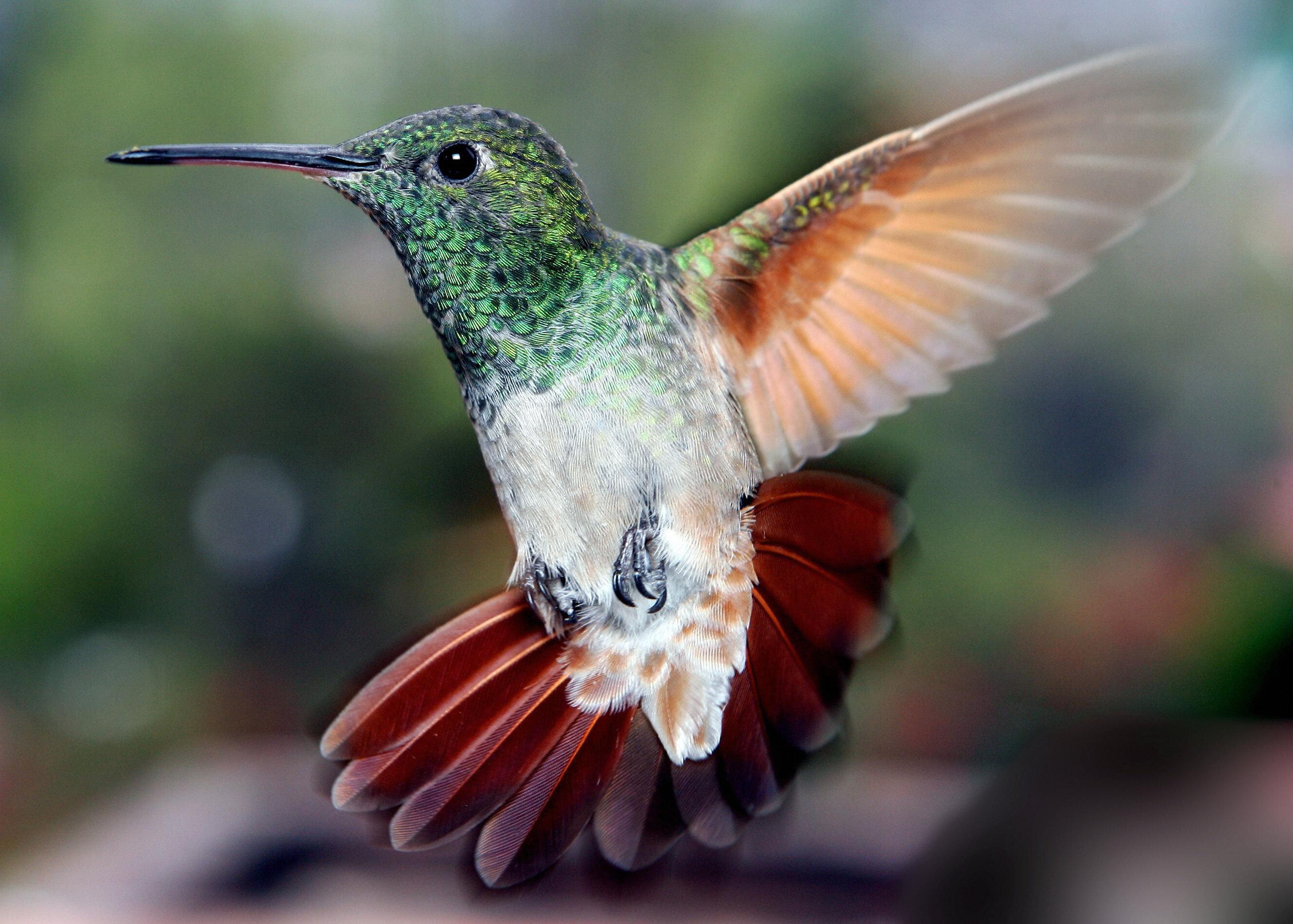The old debate between inflation hawks and inflation doves doesn’t matter right now in the United States. When a country is facing weak growth and a somewhat undesirable level of inflation, that’s the time for the hawks and doves to fight it out. Do you tolerate some inflation in hopes of fixing the real economy, or will that only make things worse? But in America today growth is sluggish and inflation is low so hawks and doves is irrelevant. The question that does matter for the Federal Reserve is the dispute between turkeys and hummingbirds.
Monetary turkeys think that if you’re at the zero bound and unemployment is high you actually can’t generate inflation. They think the central bank has become flightless. Hummingbirds think central banks have superpowers and unlike other birds can even fly backwards if they want to.
Why does this matter? Well because it’s very simple to see that with nominal interest rates at zero, if you could cause short-term inflation expectations to rise then real interest rates would fall and you’d be stimulating the economy. So if the hummingbirds are correct, there really is no zero bound and the central bank just needs to summon up those inflation expectations. First you get the inflation expectations, then you get the growth, then you get the higher capacity utilization and rising prices.
The turkeys think this is nonsense. As long as labor markets are incredibly slack, you can’t have inflation. Stimulating the economy requires a difficult mechanical process. You can persuade the legislature to borrow lots of money and then go out and buy lots of stuff until the slack is gone and prices rise again (fiscal stimulus). Alternatively, you can rush out and buy tons and tons and tons and tons of long-dated bonds in order to push nominal long-term interest rate down and spur private sector investment. But either way it’s very laborious. You can’t just flap your wings.
Part of what’s interesting about this is that almost nobody is a full-fledged turkey. People seem to agree that the hummingbirds are right about small countries, where exchange rate devaluation and the net exports channel is extremely powerful. An Israel or a Sweden can conjure up price increases any time it wants. But you get disagreement about larger countries like the United Kingdom and Japan. And the conventional wisdom has it that the United States is far too large and lumbering to take flight. Hard-core hummingbirds like David Beckworth and Scott Sumner are a distinct minority. Personally, I throw in with the hummingbirds. But I’ll admit that there is not a great deal of data available on this to really decide the question. But the only way to decide it would be to put some confirmed hummingbirds in charge and let them have their shot. Unfortunately, to the best of my understanding both Lawrence Summers and Janet Yellen are pretty firmly in the turkey camp and so is the entire Obama economic team.
